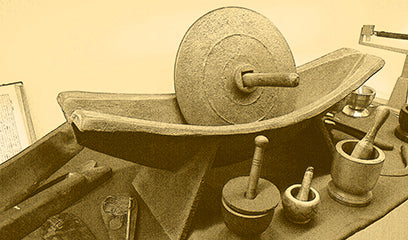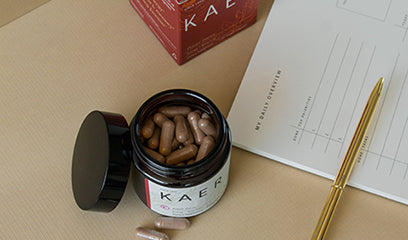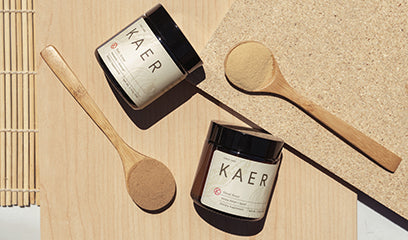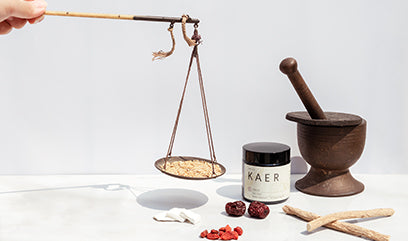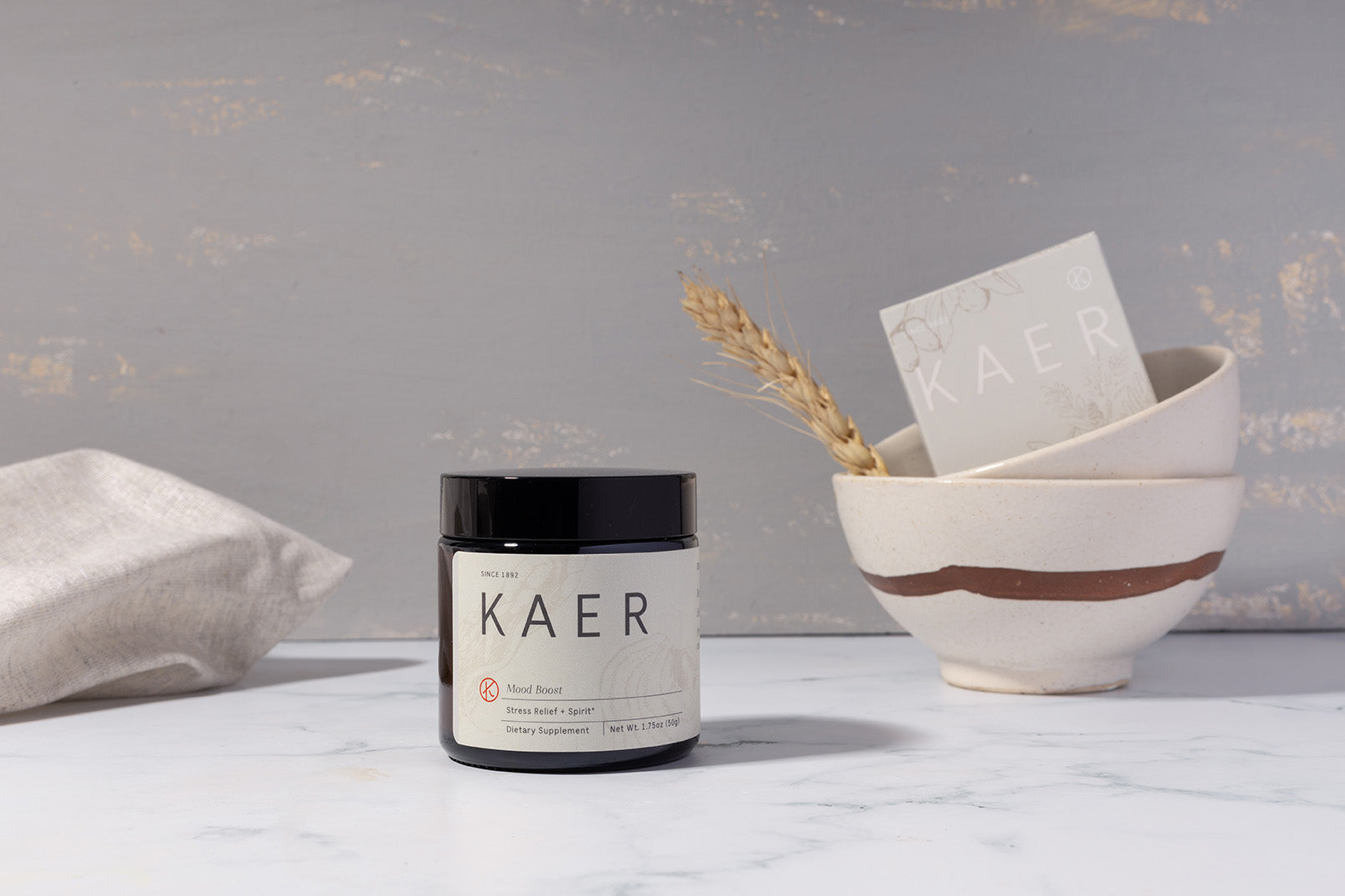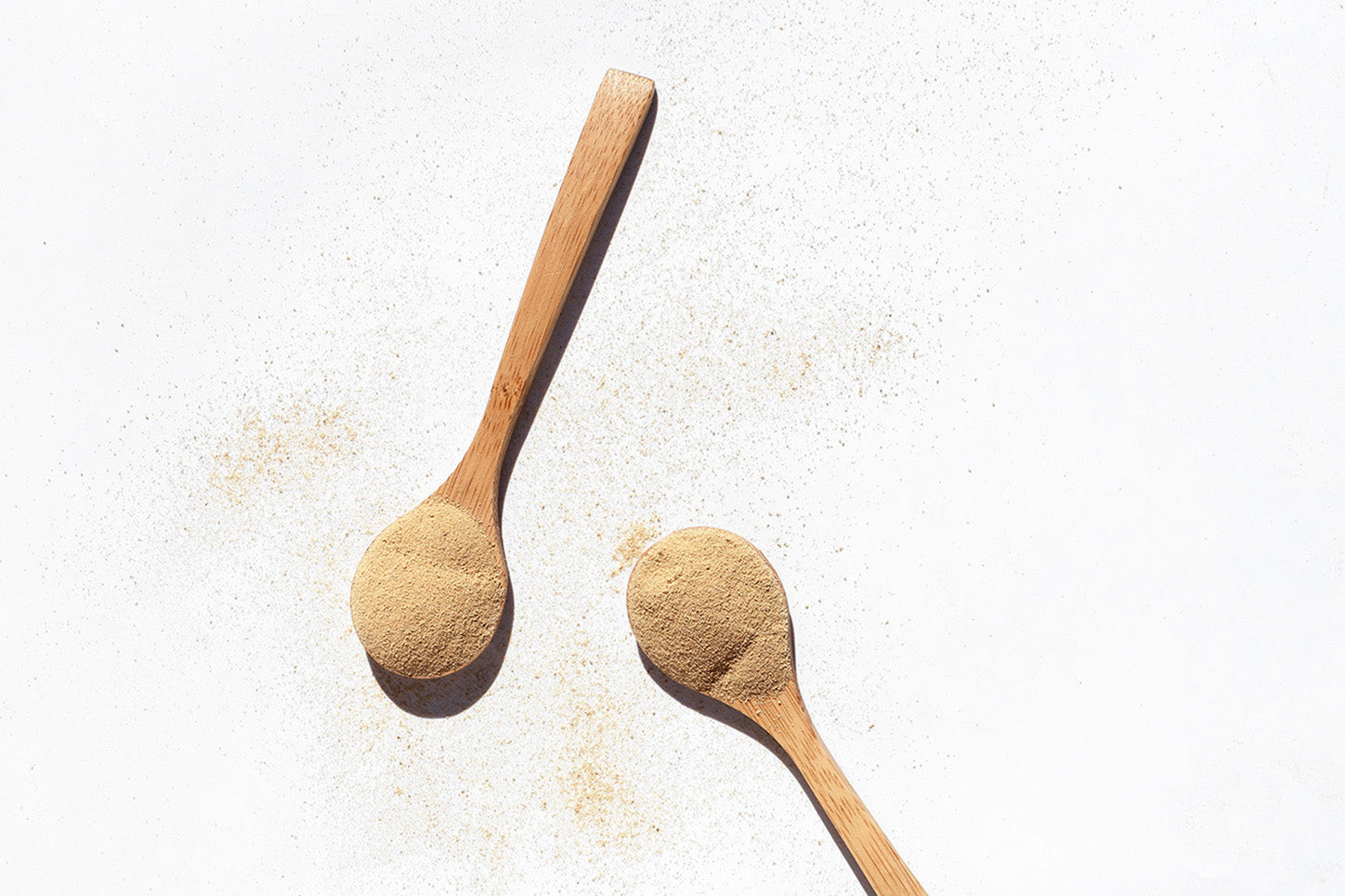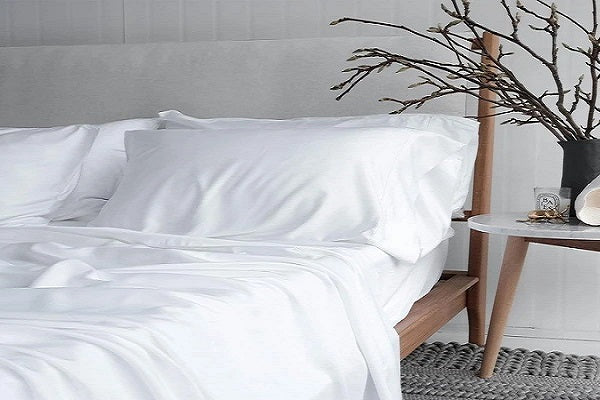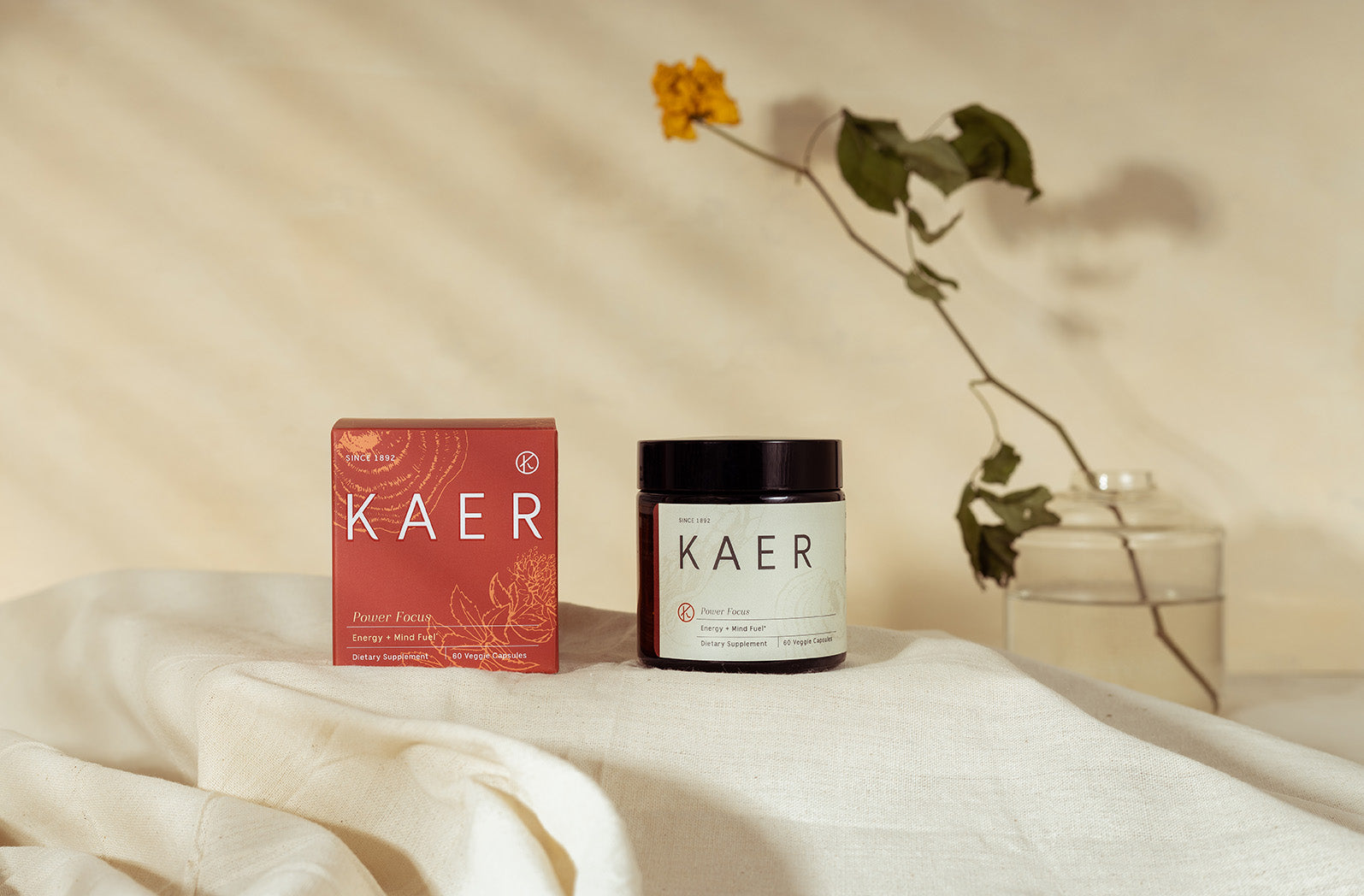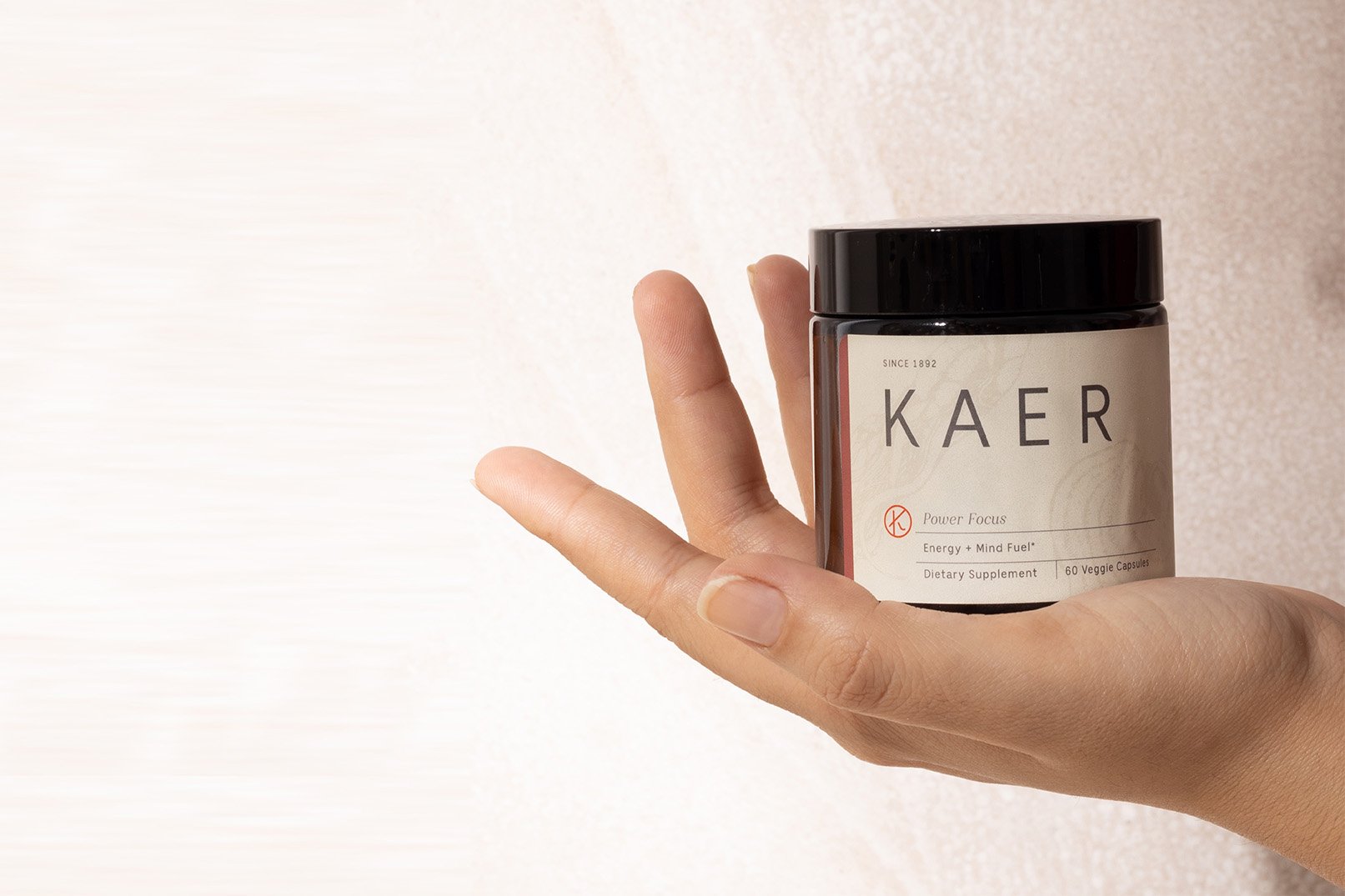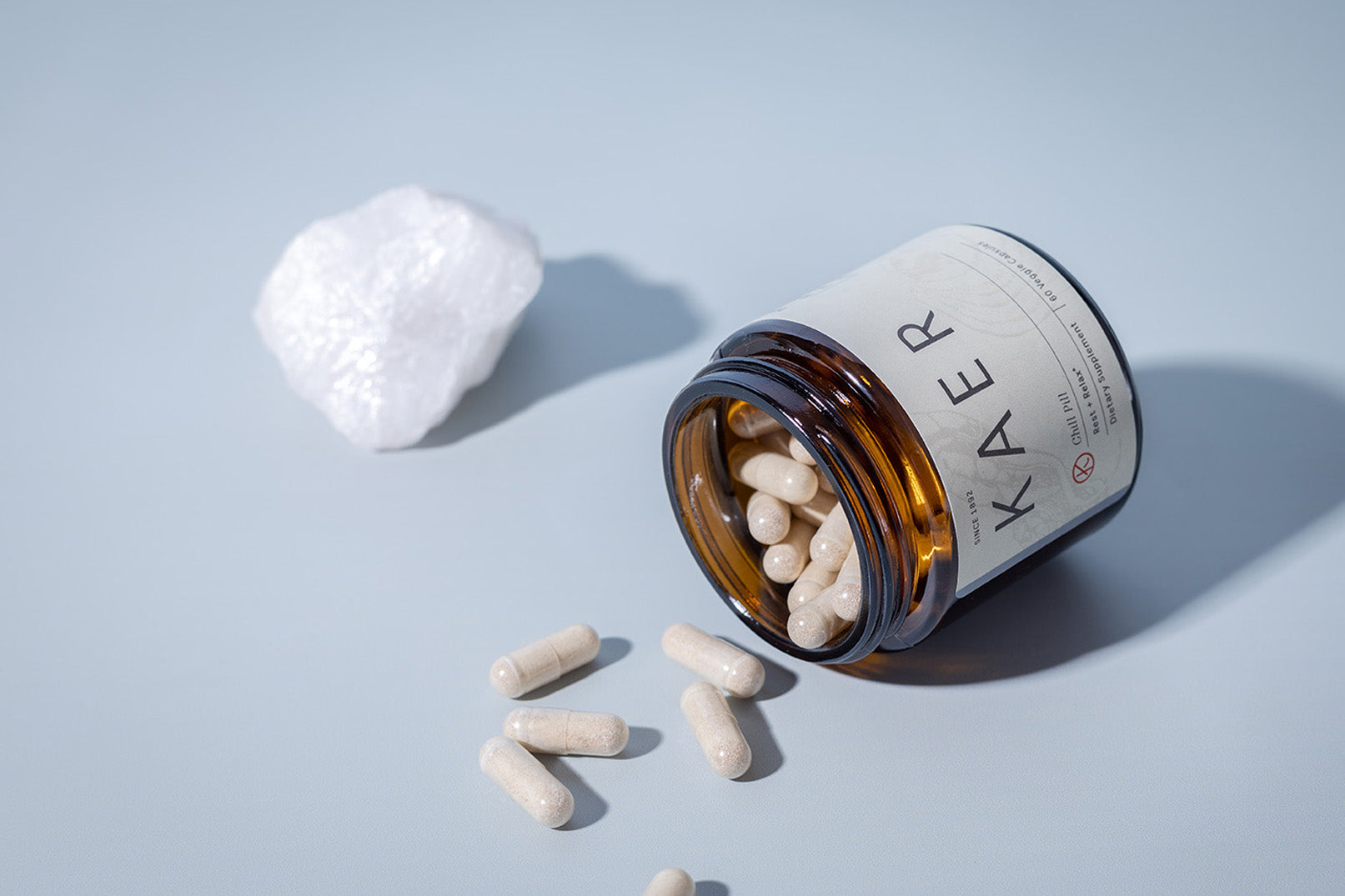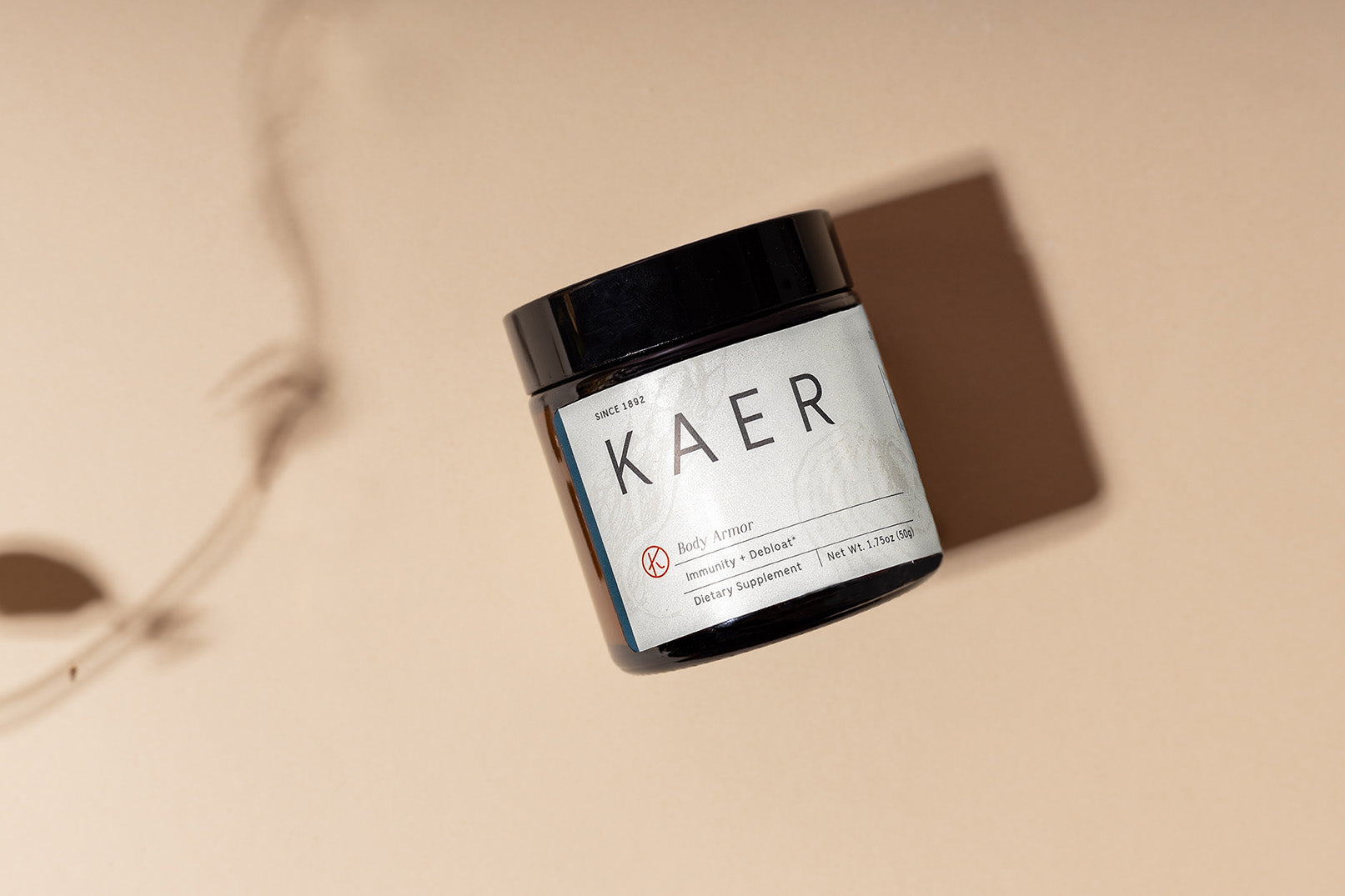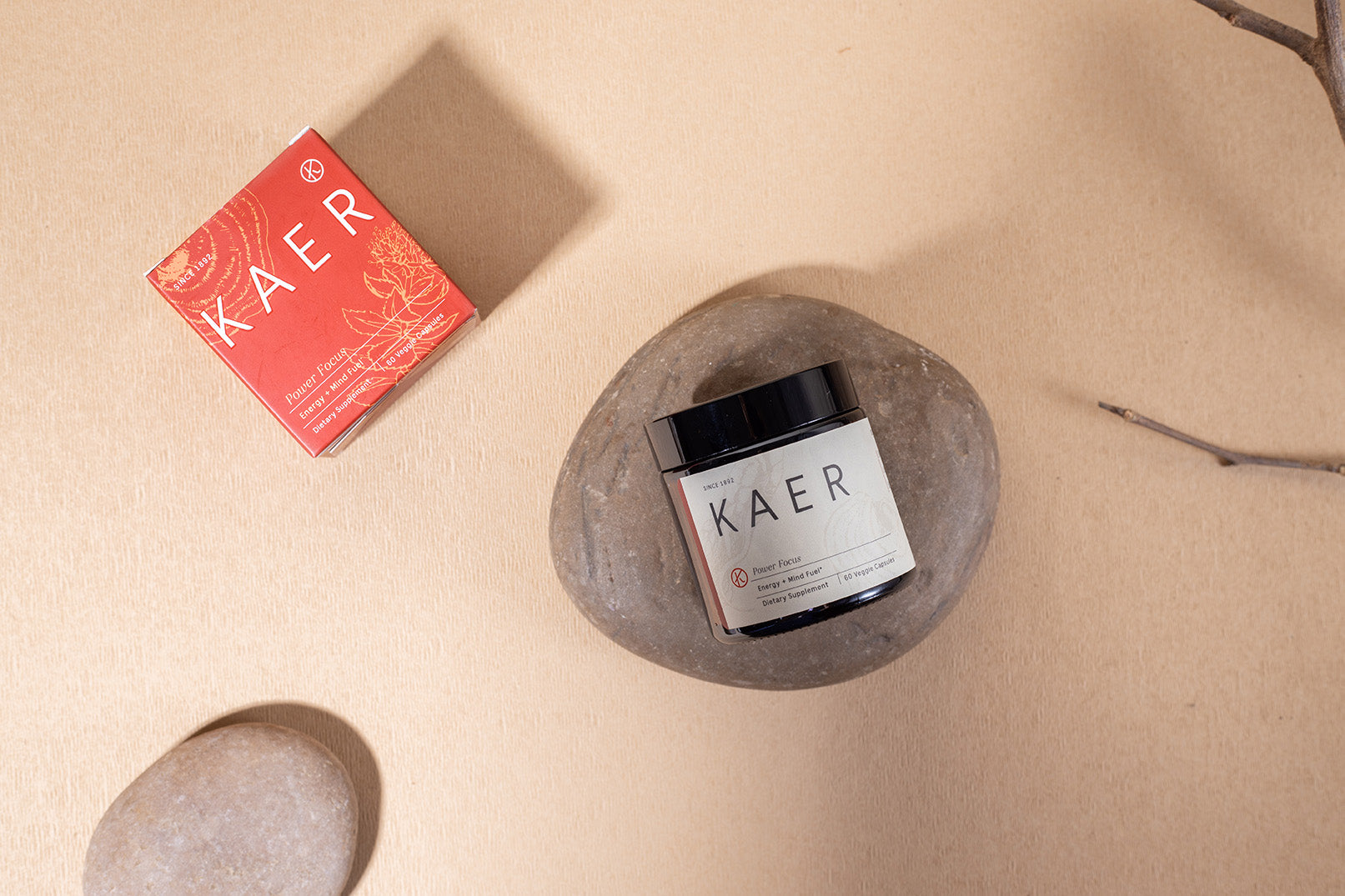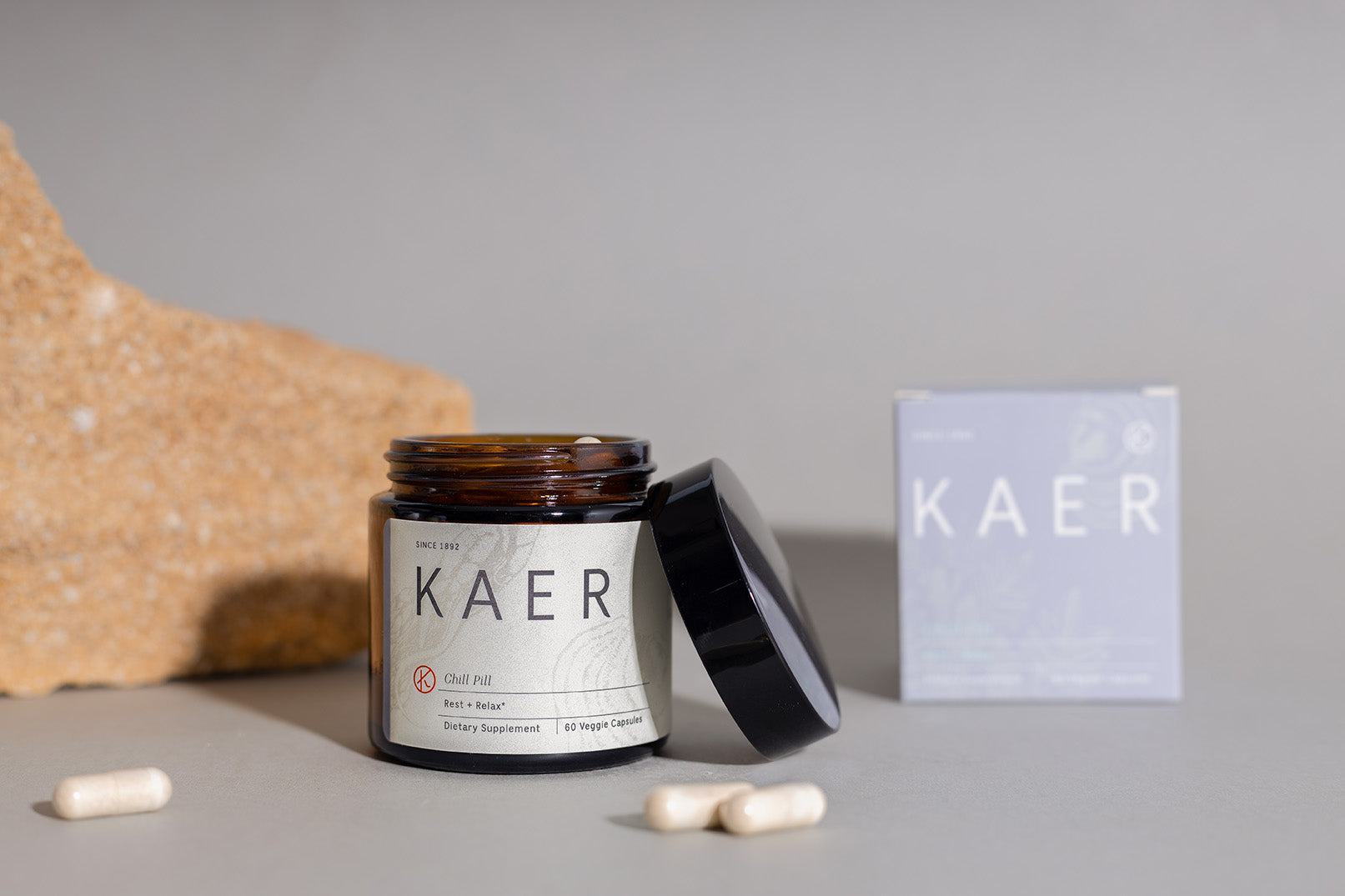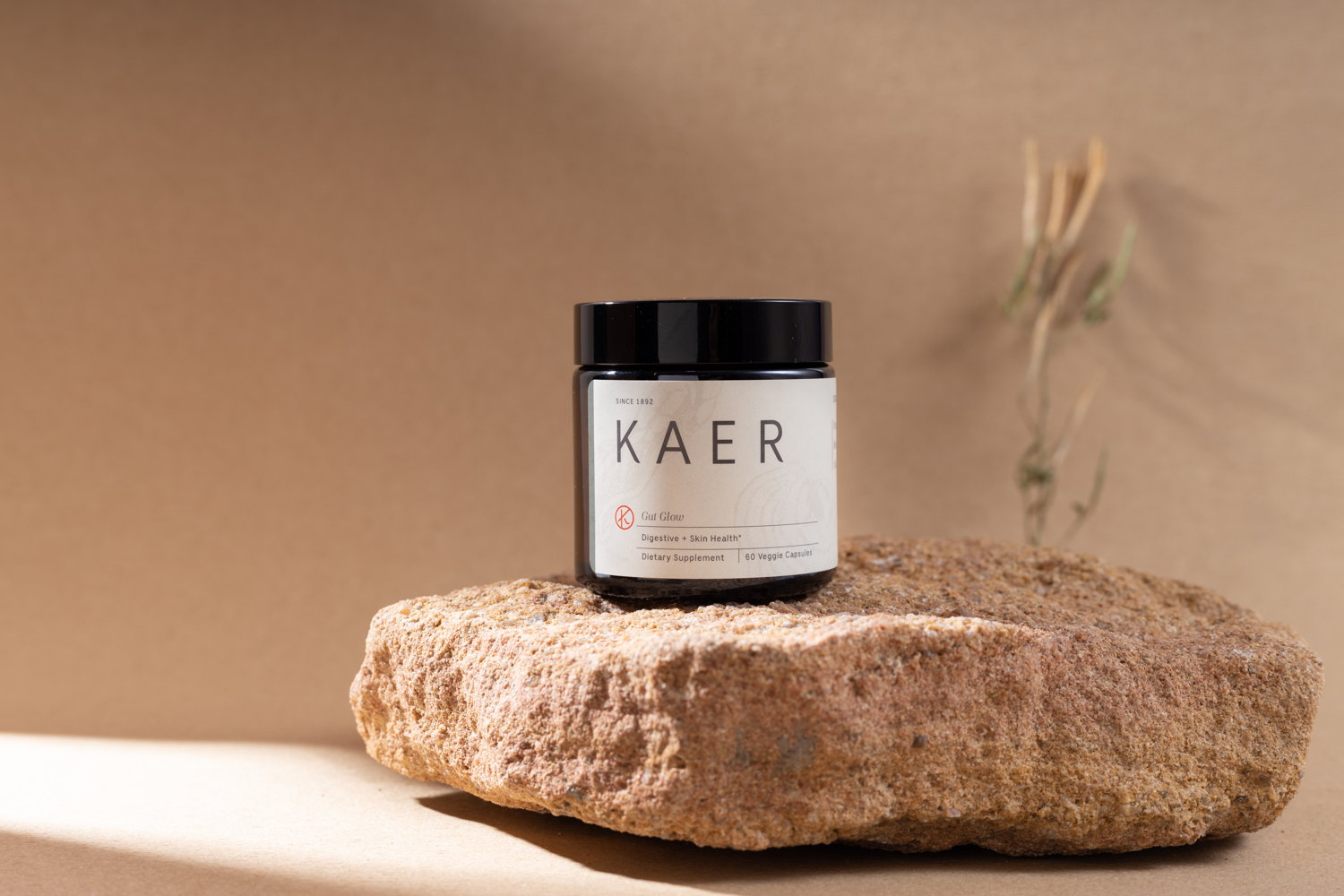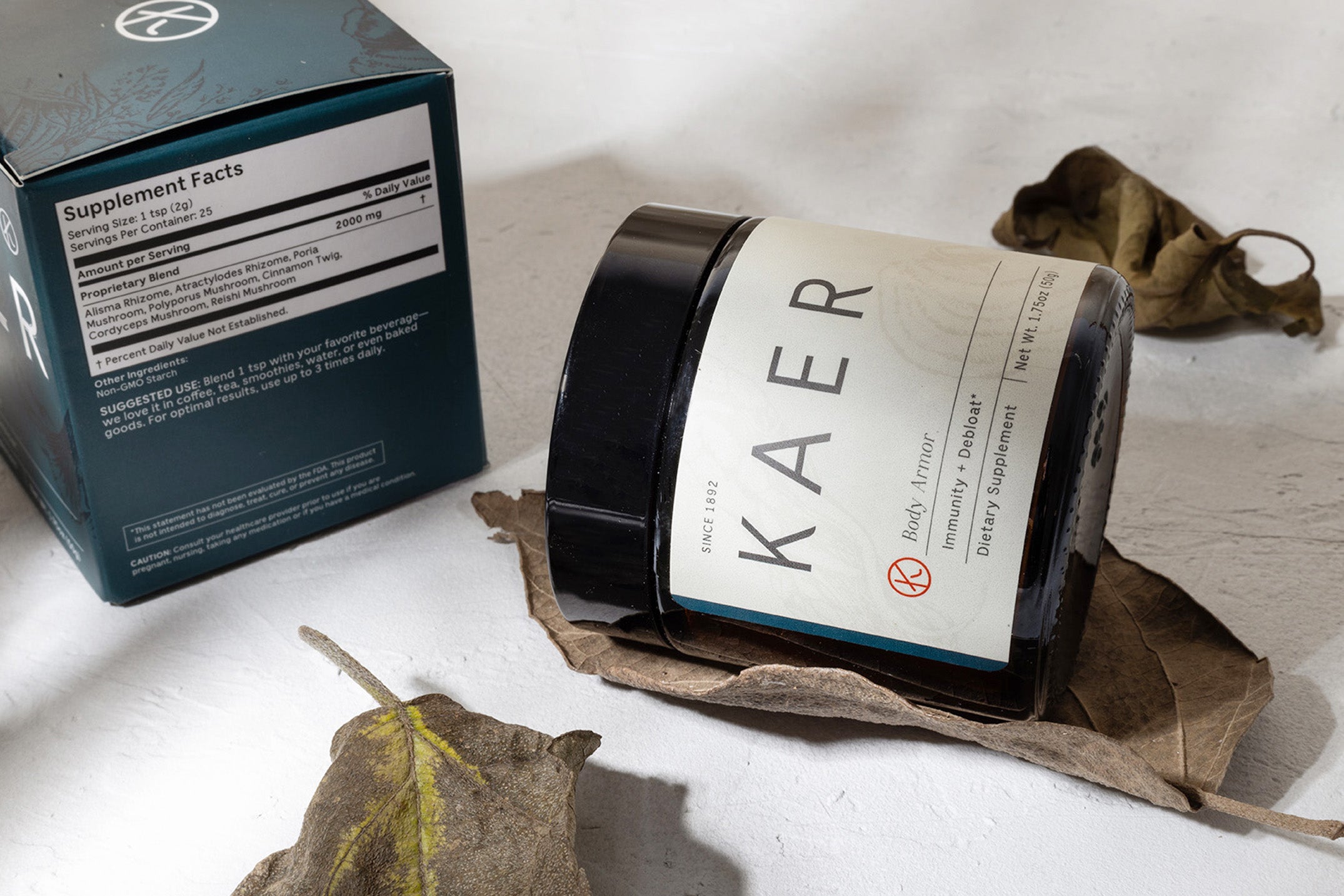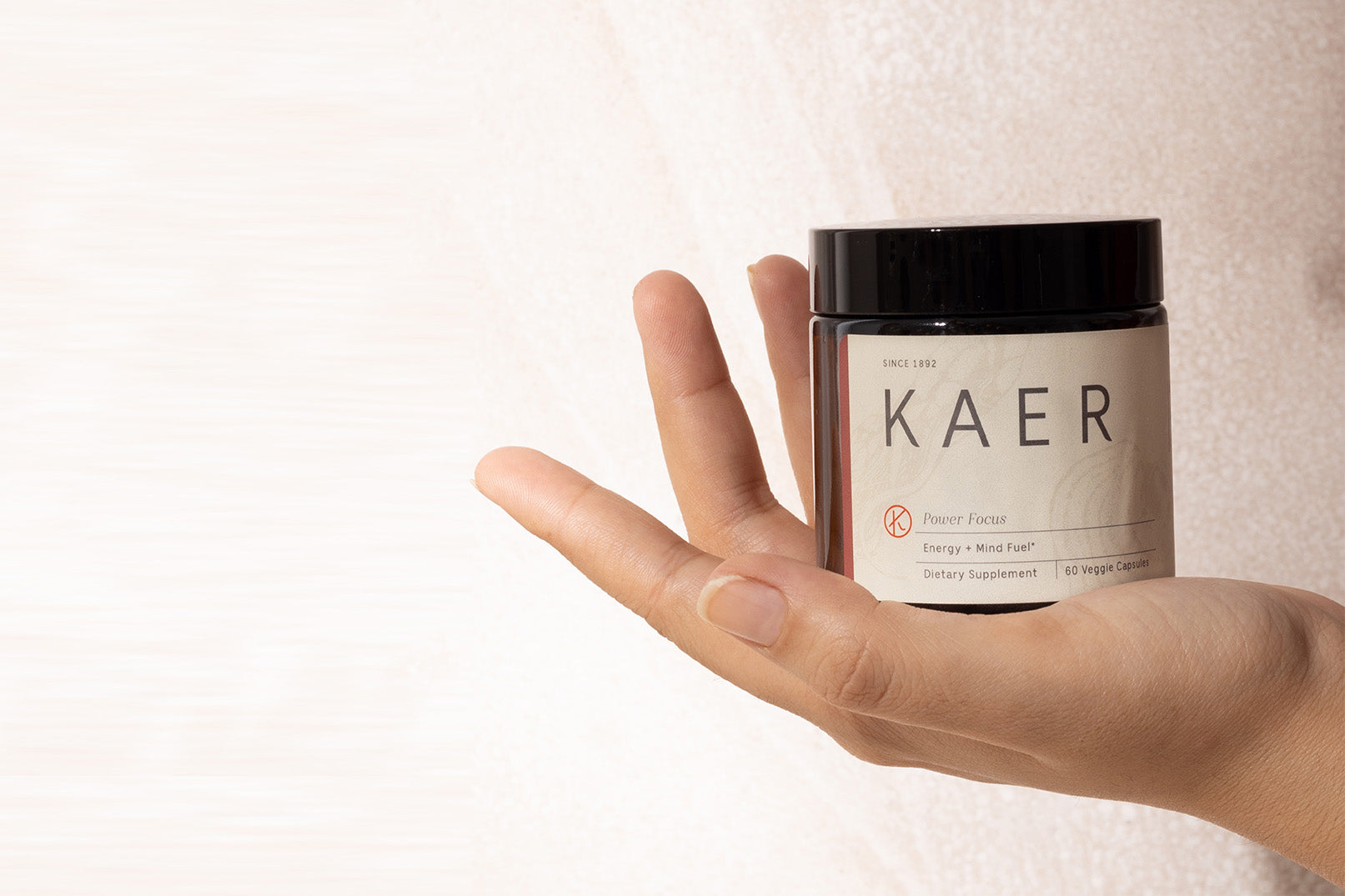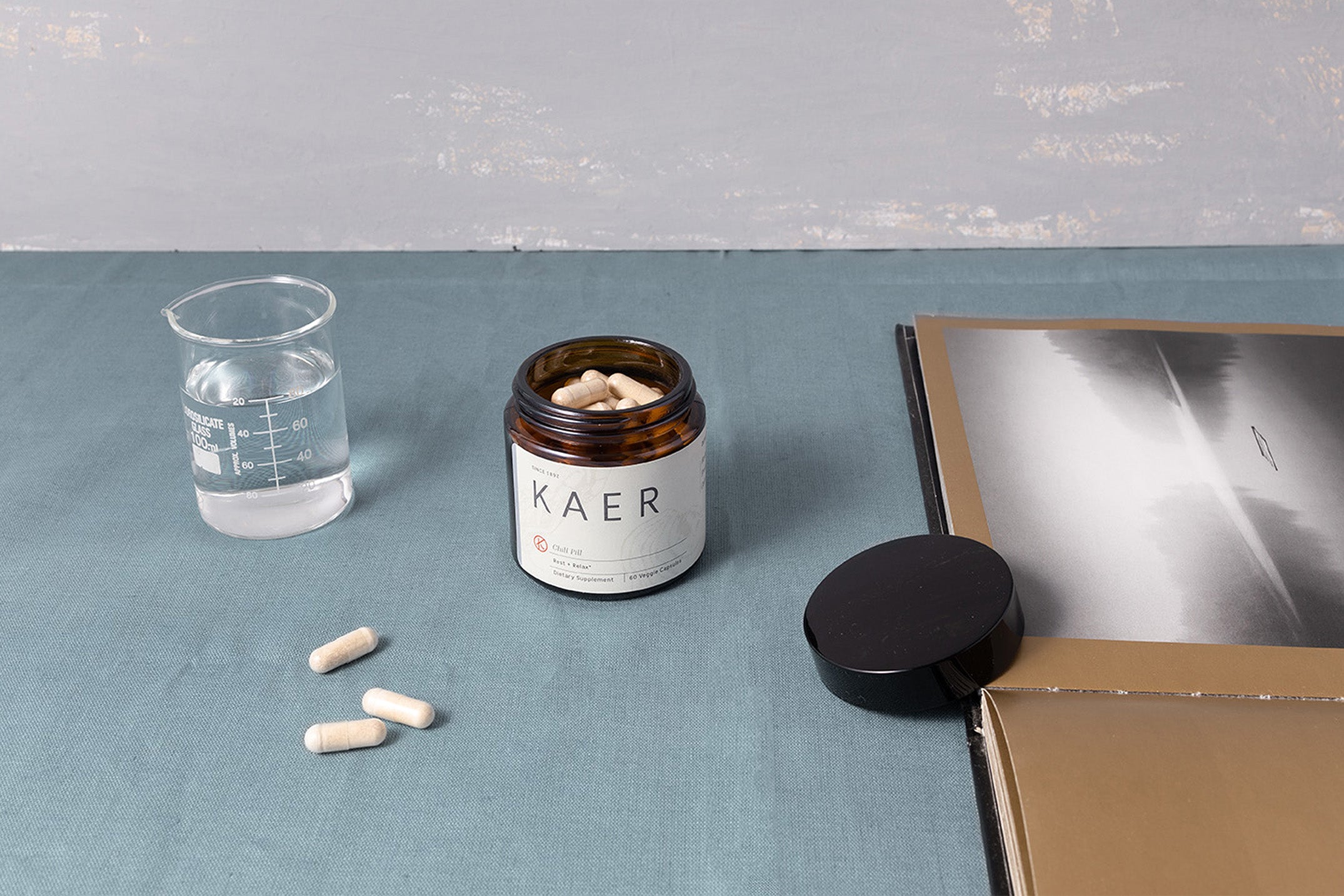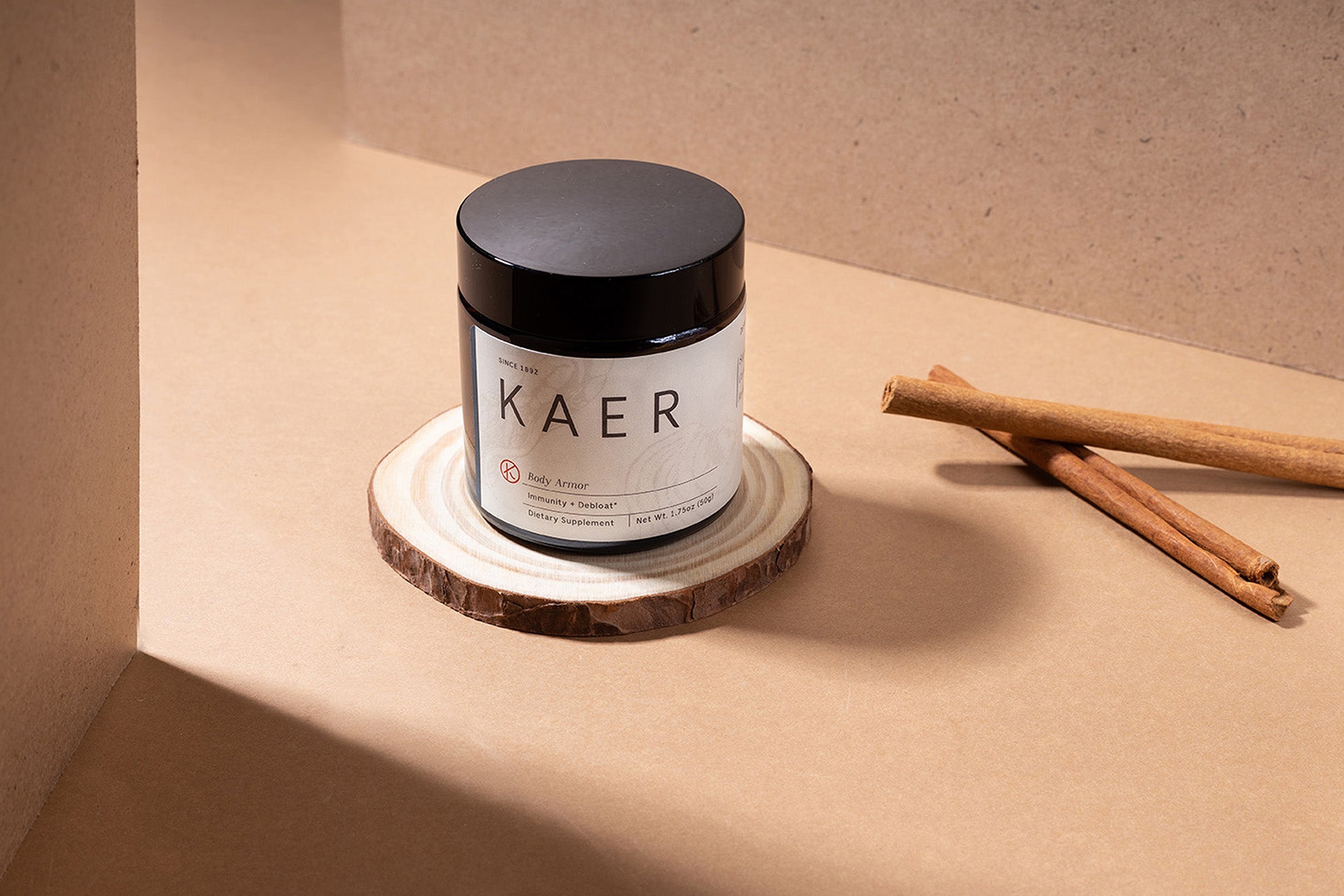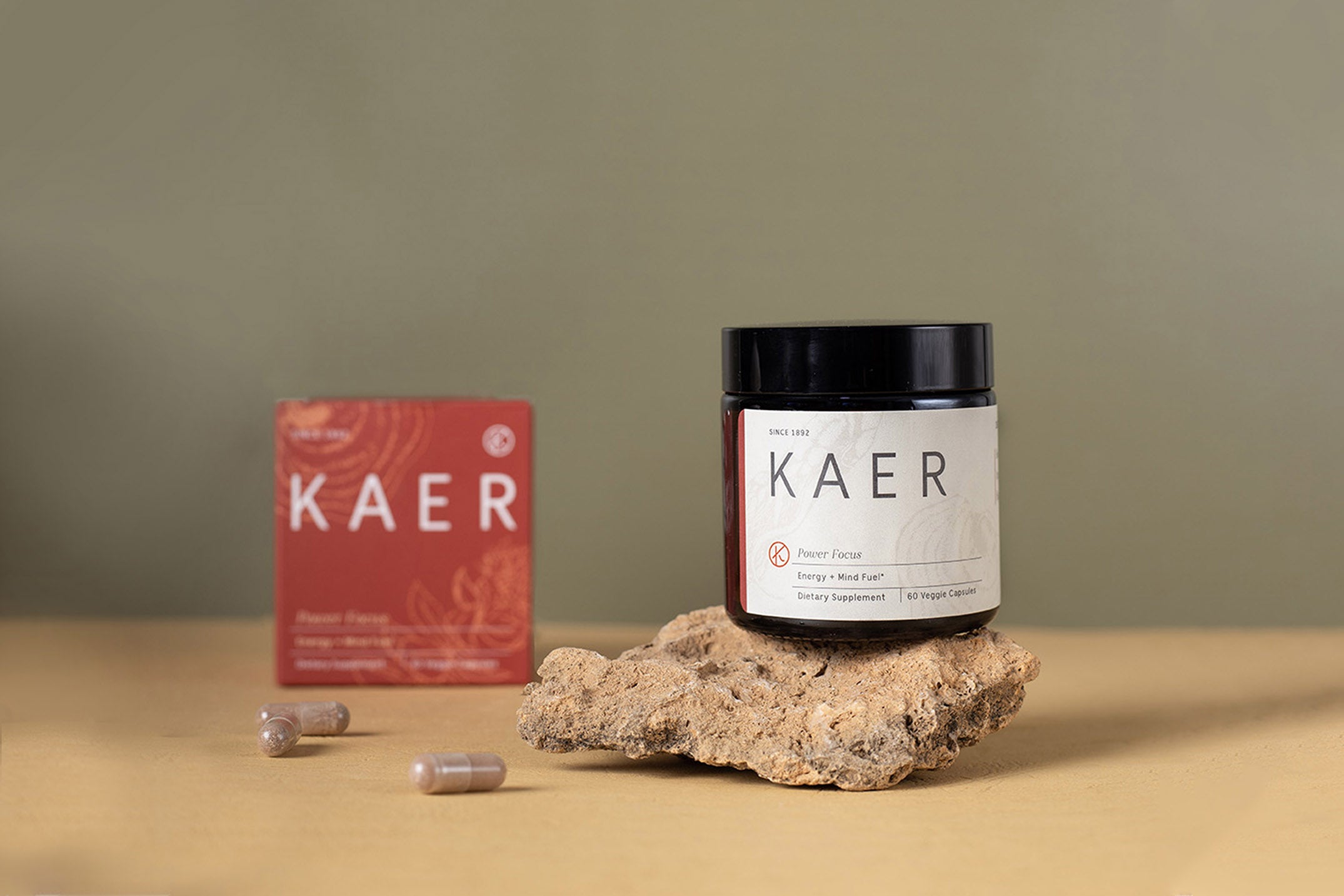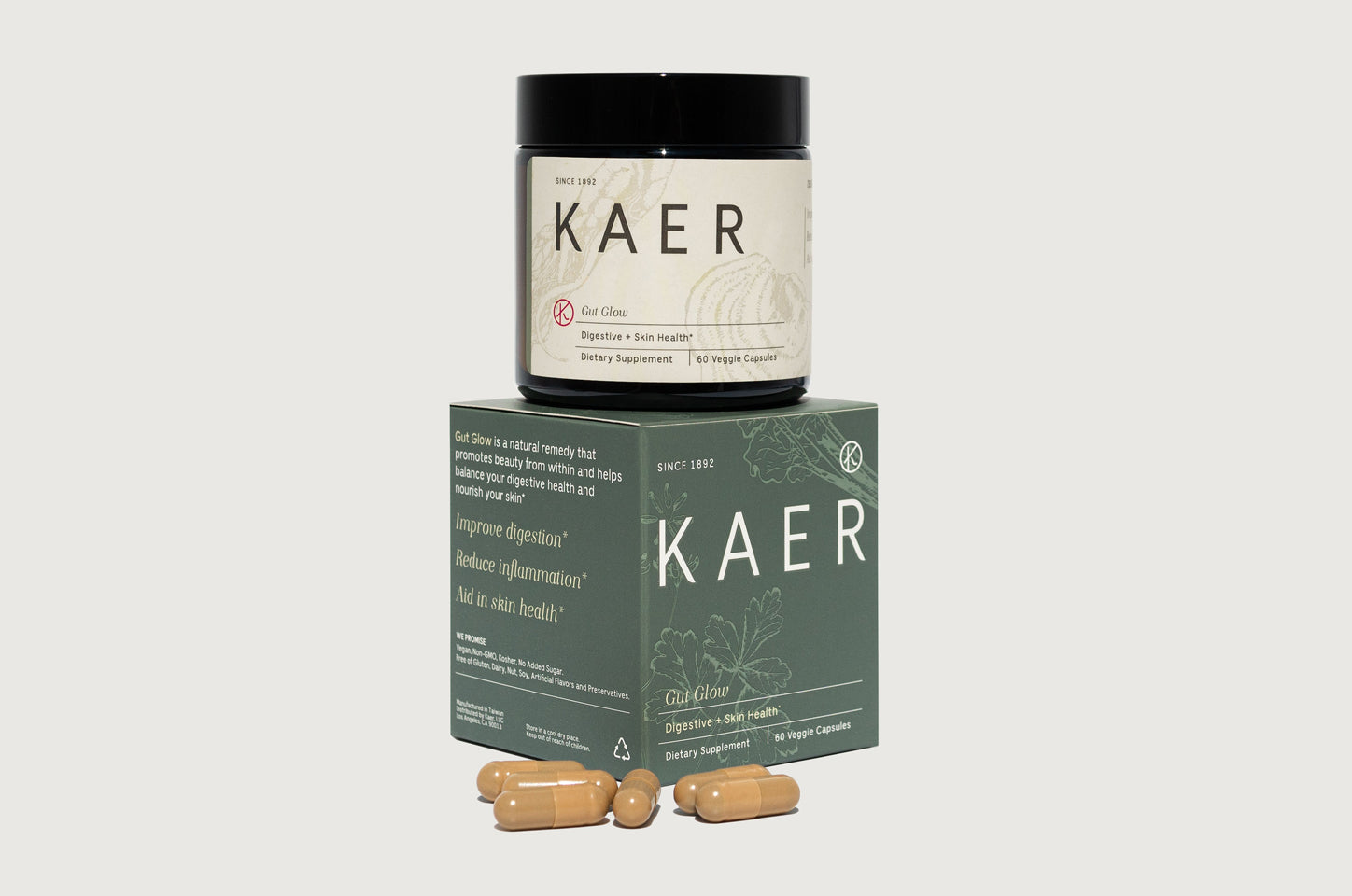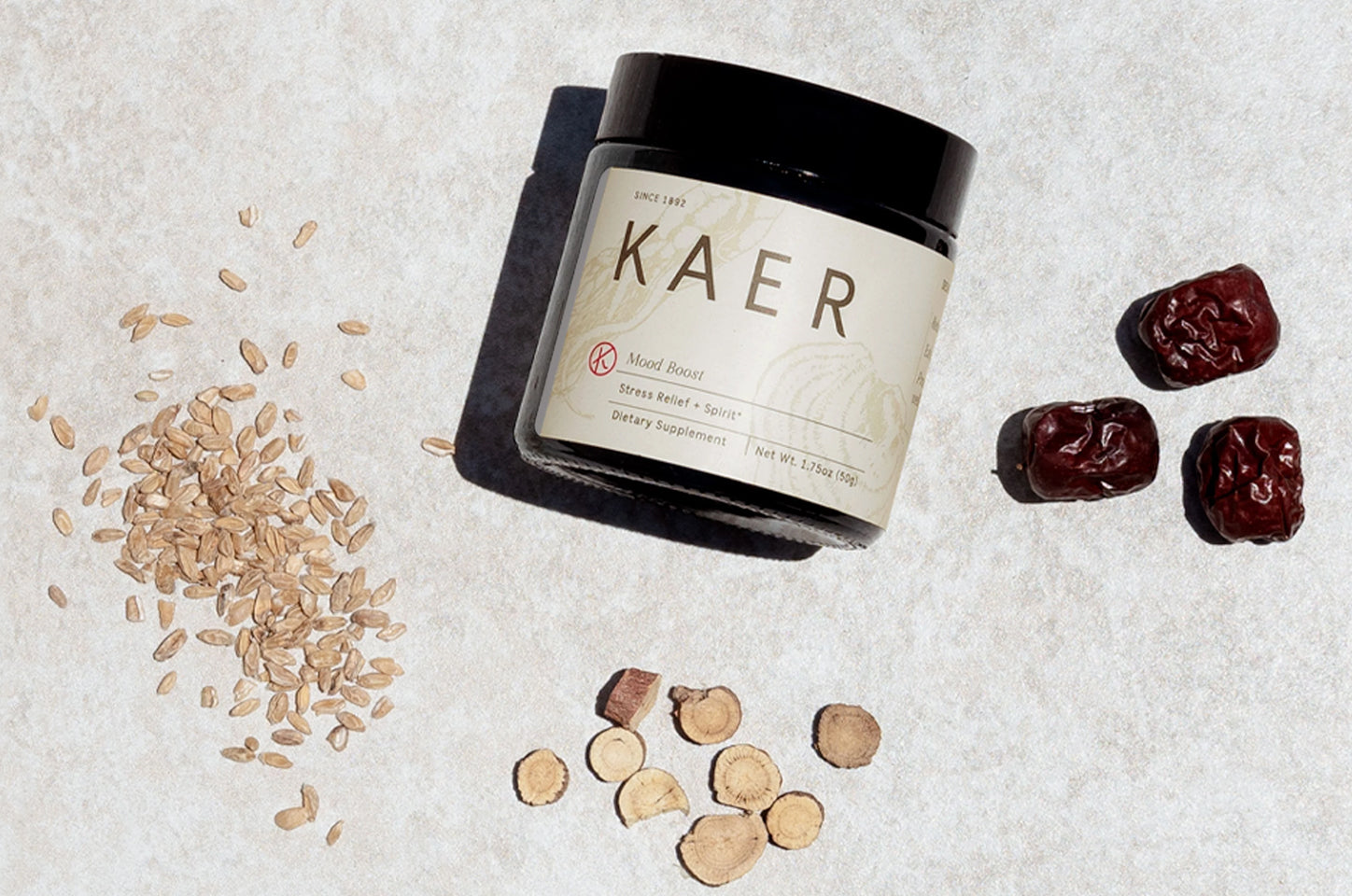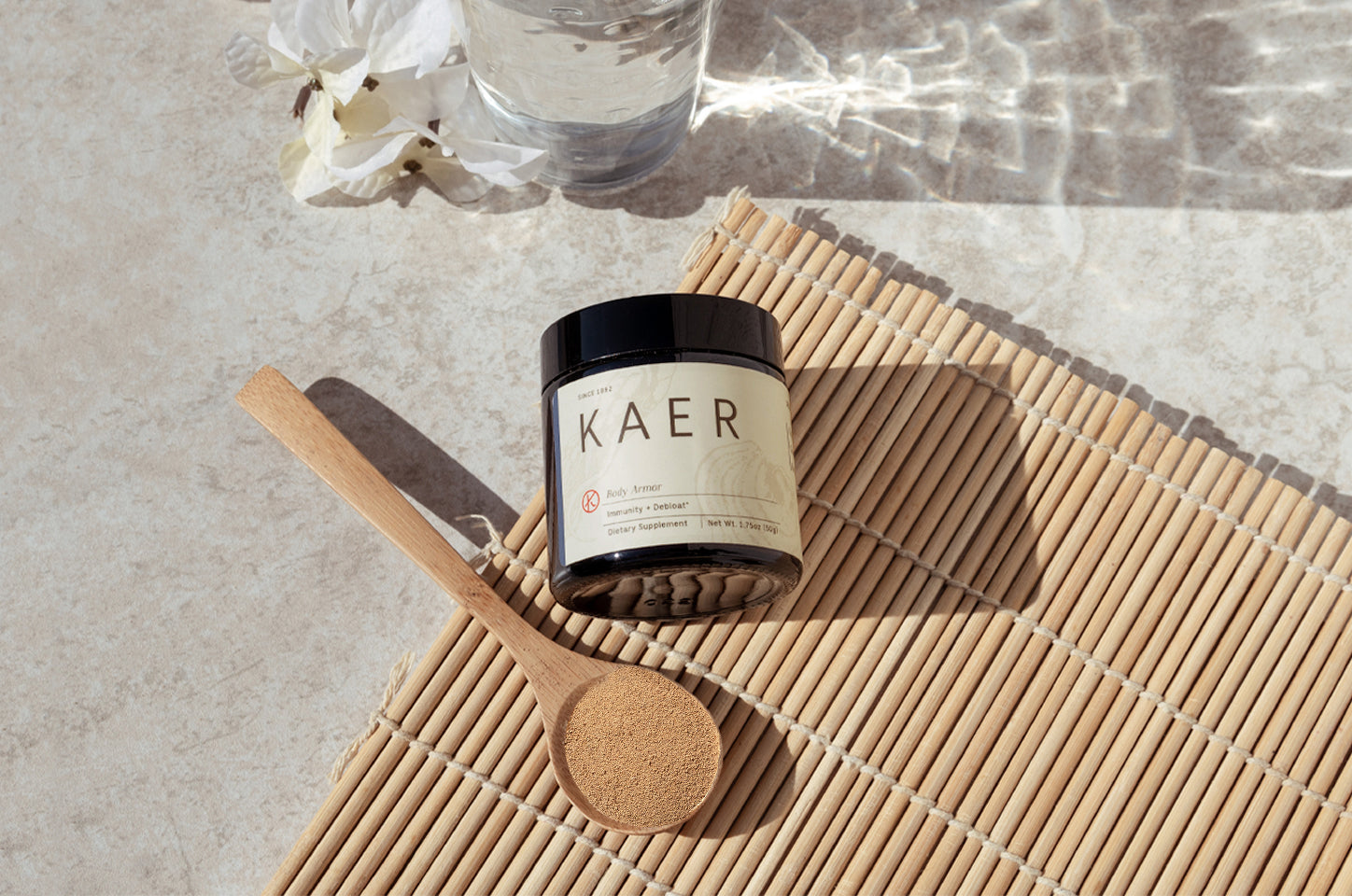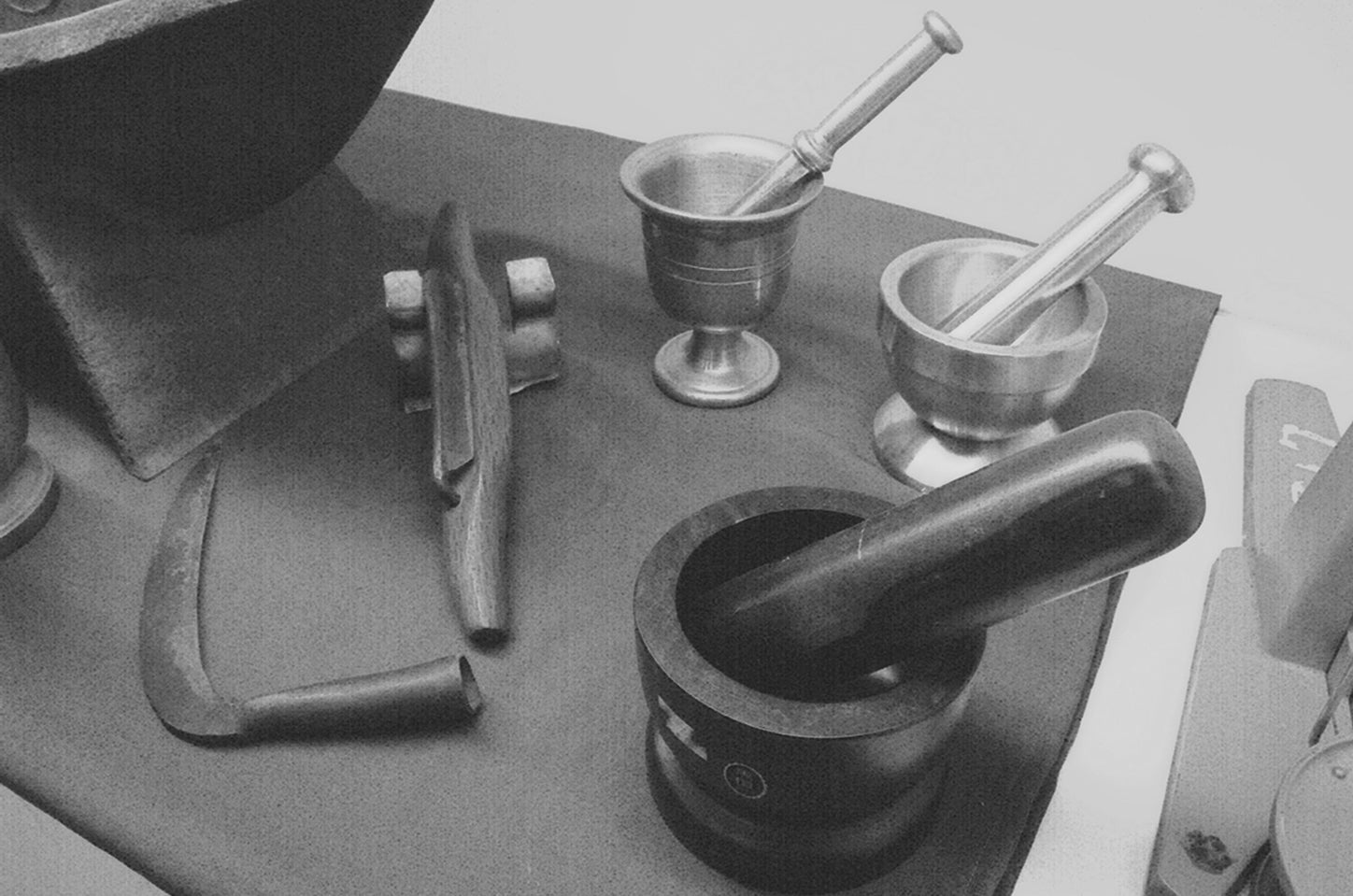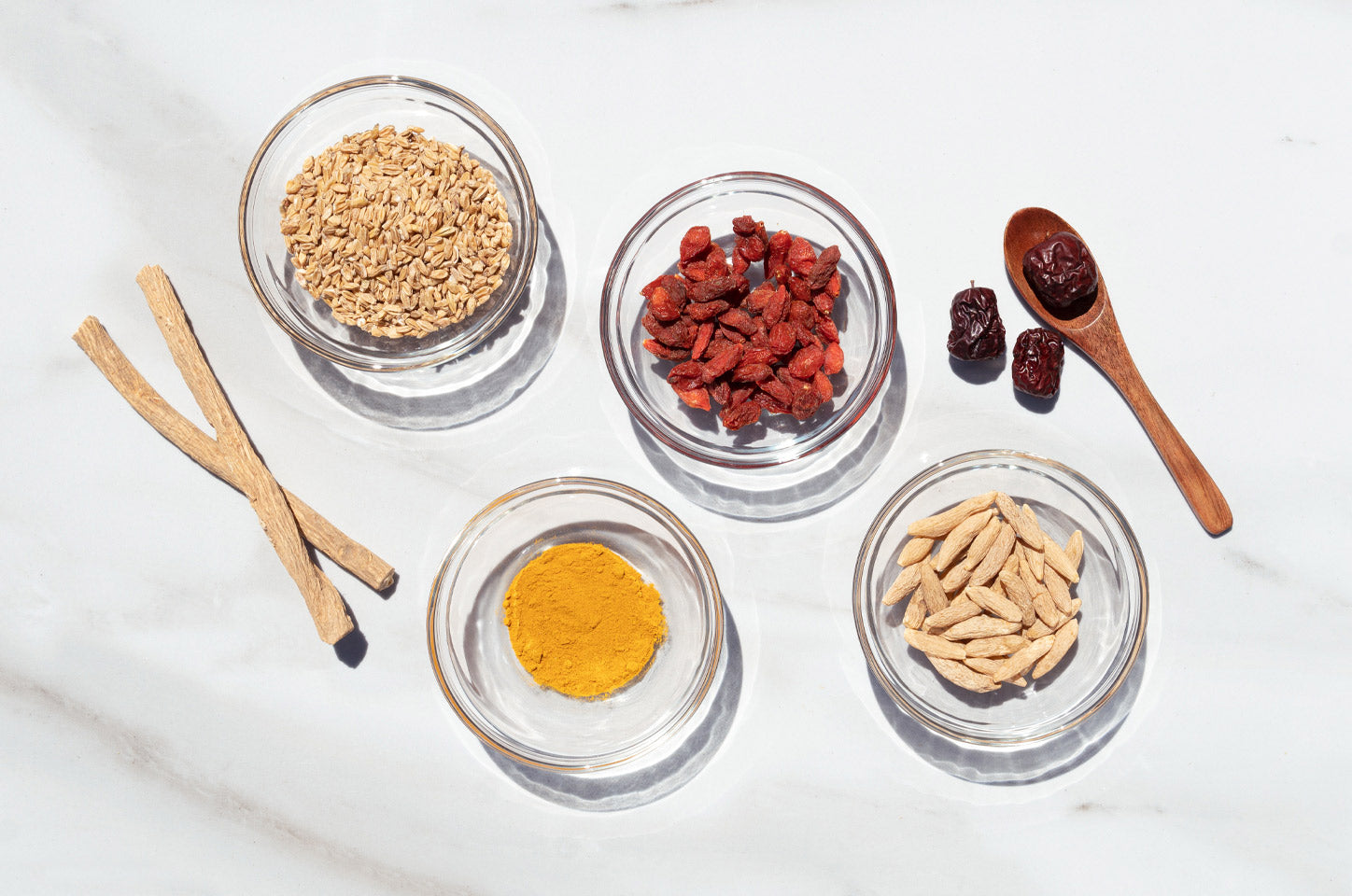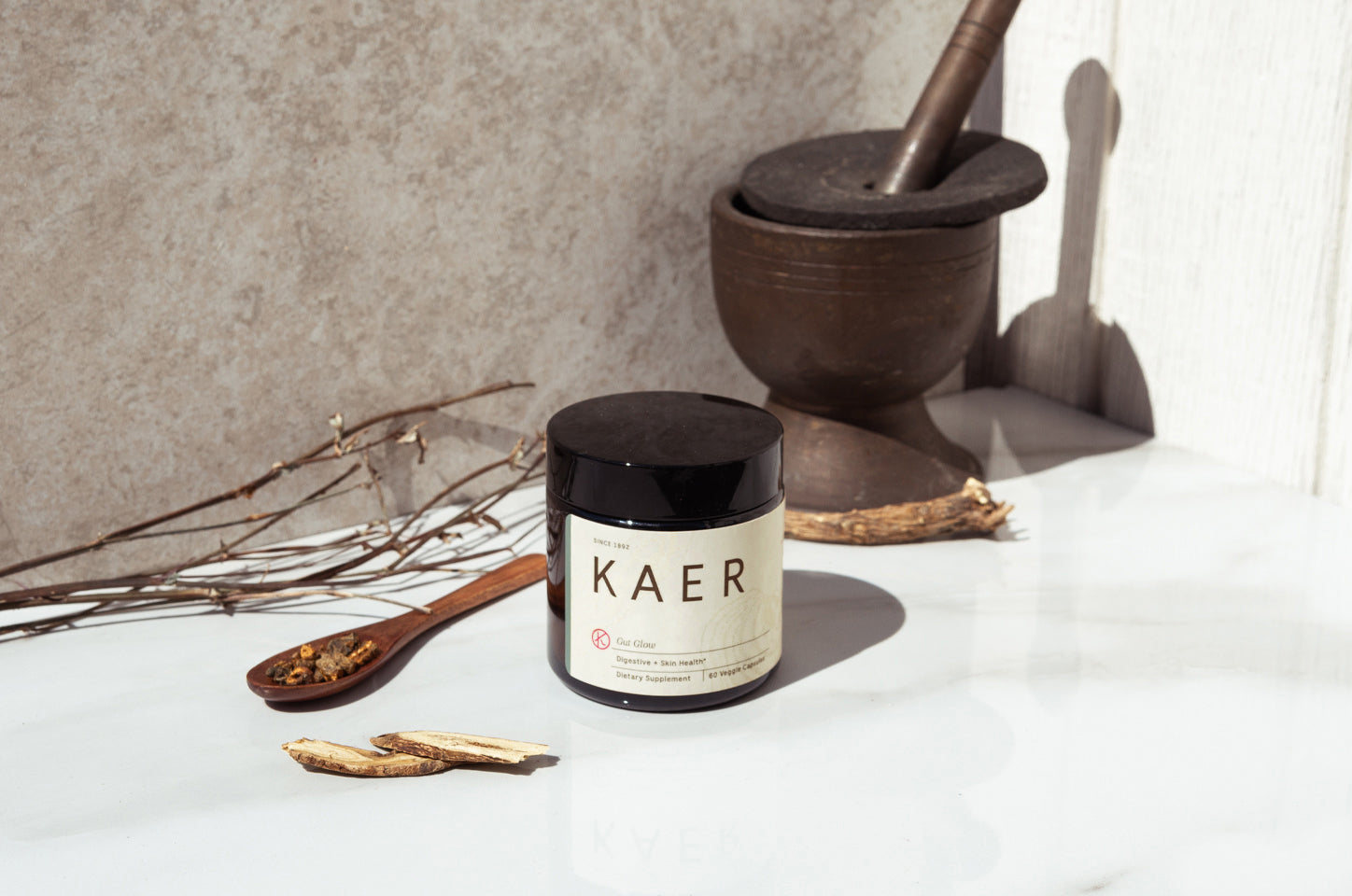
How To Improve Anxiety In Three Simple Steps
Living with anxiety is anything but easy, whether it’s a mild or severe version. While short-term effects of anxiety are far from comfortable, long-term effects on anxiety are even more problematic, especially the adverse effects on the cardiovascular system.
Fortunately, there are steps you can take to improve your anxiety, which we will discuss in this article. We will also cover some symptoms of anxiety, helping you recognize the state and determine if you are having anxiety issues.
Before continuing, let's get one thing out of our way first - if you have anxiety or think you might have some other mental issues such as depression, ask for help. Reading articles and trying self-help tactics isn't worthless, but nothing can replace expert help, so don't be ashamed to go to your doctor or loved ones and ask for advice.
What are common symptoms of anxiety?
General anxiety disorder (GAD)
The most apparent symptoms of anxiety are related to feeling nervous, tense, restless, worried for extended periods, and no particular reason.
It's important to note that it's completely normal to feel nervous, tense, restless, or worried- sometimes. If you are about to take an exam or make an important presentation, it would be normal to feel anxiety. However, if you feel nervous and worried most days without good reason, and the condition lasts for months, something probably isn't right.
Other symptoms of anxiety include having issues with falling asleep and sleep quality in general, irritability and sudden mood swings, but also general lack of concentration and loss of focus on activities you would perform without issues.
Panic disorders and phobias
While GAD is the most common, other types of anxiety disorders have more severe symptoms, such as panic disorders and phobias.
People who suffer from panic attacks can have shortness of breath, shaking, excessive sweating, heart pounding, and irregular heartbeat caused by certain triggers or without apparent reason. These attacks are intense, and people can end up in life-threatening situations if, for example, they suffer a panic attack while driving.
Panic attacks are closely correlated with GAD - people who suffer from panic attacks often constantly worry about having one, creating anxiety and developing phobias.
Phobias are irrational fear of certain life situations or objects. While many people are afraid of heights, snakes, or needles, people who have phobias have an unreasonable amount of fear, entirely out of proportion to the situation or object they face.
Some phobias are exceptionally debilitating to a person's social life. For example, social phobia (social anxiety disorder) triggers excessive worrying about encountering social situations. People fear they will be judged by everyone else or embarrassed if they engage in common social situations such as going to a restaurant but even working in an office.
3 Simple Steps To Improve Anxiety Now
Step #1: Accept it
Having anxiety isn't comfortable, and you should work to improve it, but the most important thing you have to do if you have an anxiety attack is never to judge yourself. You should never blame yourself and tell yourself that you are weak because you are letting anxiety affect your life again.
If you have been dealing with anxiety for quite some time, you know that it comes and goes and that it varies in intensity. Try to remember what you did last time to improve it. Even reading about anxiety can help you cope with it, as it will help you realize that it may be irrational, no matter how bad it feels.
The same goes for having more severe attacks. If you suffer from panic attacks, they likely happened before. We know it’s easier said than done, but the best thing to do is to acknowledge it, accept it, and let it run its course. And it will stop, just like it did before.
Step #2: Get moving
The first step is key, and accepting that you suffer from anxiety but can do something about it is mandatory to actually take some steps. And we mean it, literally take steps - go outside for a walk.
Regular exercise has many positive effects on mental health, not just physical. Any activity will do, but if you can, try to spend some time outside. Nature has its powerful ways to calm your mental state and boost your mood taking a brisk walk outside will do wonders for your mental state. [1]
And if you want to take it a step further, ask your friends to organize an all-day hiking tour at a nearby mountain or a fishing trip. These activities will occupy your mind for a full day but will also exert your body. The next day, you will feel tired, but this time, you will have a fantastic reason for it, which is entirely a different story.
Even if you can't exercise outside, any kind of physical activity will improve your state. Start by something simple such as building a habit to do 20 pushups and 20 squats per day, and track your progress using the Seinfeld system. Exercise will help you feel and look better too.
Step #3: Treat yourself
If you want to improve your state right now, take a bath, or, if you have some time and money to spare, book a spa. Yes, you feel like crap, but that won't change on its own, and you will need to do something for yourself. You have anxiety, and you accept it; now you can use it as an excuse to treat yourself. (FYI: you don't need an excuse to treat yourself)
Light some candles, fill up that tub, play some relaxing music, take a mood boosting supplement, and get in that foamy heaven. Once you get out, eat your favorite meal, and put on your favorite show you watched 50 times already, but do it guilt-free. You are not procrastinating; you deserve to enjoy your life and do the things that make you feel good.
Get to bed early, and stay away from electronics as much as possible. If you have issues falling asleep, Kaer’s Chill Pill will help you calm down and sleep through the night. You deserve a good night's sleep, just as you deserved an entire day just for yourself. Make it a routine.
Bottom line
Anxiety is no joke, but that doesn't mean you should let it ruin your life. You should accept it, but you also need to work on it, with professional help if needed.
Remember, all of us face obstacles in our lives, and you are no different. Suffering from anxiety doesn't make you weak, but dealing with anxiety and overcoming it makes you a badass. Don’t give up - take matters into your own hands.
